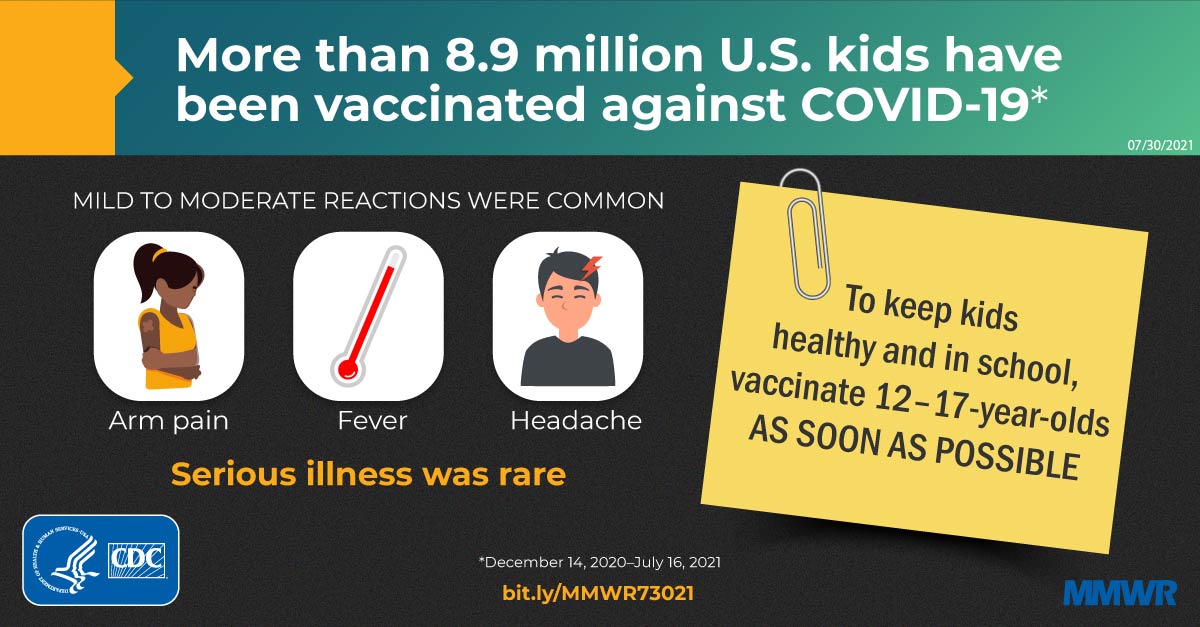
The recent announcement by the US Department of Health and Human Services (HHS) to discontinue 22 messenger RNA (mRNA) vaccine research initiatives has caused significant turmoil within the scientific community. This action, which amounts to $500 million in funding from the Biomedical Advanced Research and Development Authority (Barda), follows an unforeseen evaluation by the US National Institutes of Health (NIH) concerning all the mRNA grants it supports. During the evaluation, HHS denied any plans to withdraw funding from mRNA projects, but recent developments indicate a different course.
HHS Secretary Robert F. Kennedy Jr., recognized for his skepticism regarding mRNA vaccines, proclaimed the cancellations, citing worries about the technology’s effectiveness against respiratory viruses such as COVID-19. According to Kennedy, following discussions with leading experts at the NIH and FDA, it was determined that mRNA vaccines entail more risks than advantages for these viruses. As a result, HHS will redirect its efforts towards creating broader, safer vaccine approaches that are less susceptible to viral mutations.
This choice has sparked significant controversy. The Biotechnology Innovation Organization (BIO) and experts, including Jeremy Berg, the former director of NIH’s National Institute of General Medical Sciences, have condemned the decision, pointing out its potential to impede scientific advancement and investment in mRNA technology. Berg raised concerns about the transparency and scientific justification behind the decision.
The criticism is supported by Jeff Coller from Johns Hopkins University, who asserts that this decision could have extensive repercussions for the entire mRNA industry, potentially pushing innovation abroad. Justin Richner from the University of Illinois echoes similar worries, noting a discouraging effect on both academic and biotech sectors.
Katalin Karikó, a Nobel laureate celebrated for her groundbreaking contributions to mRNA vaccines, voiced her astonishment and disapproval of HHS’s actions, warning of significant consequences for global vaccine research and US national security. Despite this obstacle, she remains hopeful about the future of mRNA technology, particularly in areas outside of infectious disease vaccines.
As the US reduces its commitments, other countries, including China and those within the European Union, are increasing their investments in mRNA research, which may result in a shift in global dominance in the biotech field. The recent decisions made by HHS signify a crucial turning point in mRNA vaccine development, igniting discussions regarding its future and the potential ramifications for US scientific leadership.